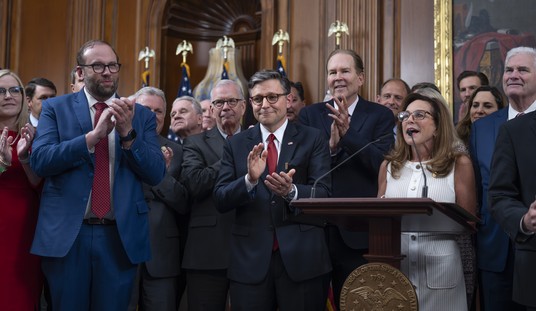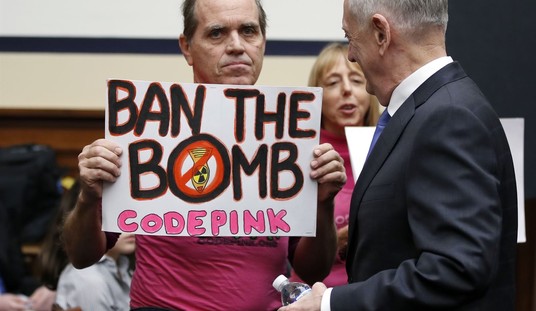As the pandemic has taught us, the world can change in the blink of an eye, and our country must have the right systems in place to face the unexpected. But the rampant fraud, waste, and corruption that occurred in the Small Business Association’s Paycheck Protection Program (PPP), which was designed to help keep our country from the brink of financial collapse during the pandemic, highlights just how unprepared the United States is to face the next crisis.
Many business leaders continue to press the government to identify and prosecute borrowers who committed PPP frauds under $100,000, issuing a call to action to the Office of Inspector General and law enforcement agencies, including the Justice Department and FBI to intensify their investigations, hold the fraudsters accountable, and help us ensure this never happens again.
In December, the House Select Subcommittee on the Coronavirus Crisis issued a staff report detailing how four companies—Blueacorn, Womply, Kabbage, and Bluevine, essentially permitted and perpetuated PPP fraud. Blueacorn received over $1 billion in taxpayer-funded processing fees to administer PPP loans. Womply received $2 billion in fees, despite the fact that its CEO, Toby Scammell, is a convicted felon who should not have been allowed to participate in the program. Kabbage sold the company to AMEX and then declared bankruptcy.
As the December report noted, “agreements between Womply and its lending partners obtained by the Select Subcommittee reveal that Womply often took at least half—and in some cases up to 90 percent—of all the taxpayer-funded fees allocated to lenders by SBA to compensate it for processing PPP loans.”
How did these fintech companies get away with this massive heist, committing fraud at the expense of our honest and hard-working taxpayers, and why has nothing been done about it?
To begin fixing this, the House Small Business Committee and Senate Small Business and Entrepreneurship Committee should ask the SBA to investigate the fees charged by these fintech companies to the SBA’s PPP lenders. Senator Joni Ernst (R-IA), who serves as the ranking member on the Small Business and Entrepreneurship Committee, is in a unique position to lead Congress in pressing the SBA to find a way to claw back these funds from the fintechs to help pay for much-needed programs in next year’s budget.
The SBA understands that prosecuting individual fraudulent borrowers can be a daunting and expensive task, recently stating it would not prosecute individual borrowers who committed fraud of less than $100,000. Under no circumstance should we award a free pass to any borrowers who took advantage of the system.
As the congressional report noted:
“The SBA Office of Inspector General previously identified billions of dollars of PPP funds approved and disbursed to ineligible applicants, yet taxpayers still do not know the precise extent of fraud committed against the PPP. Confirming the full scope and nature of such fraud is vital to determine best practices for ongoing and future SBA programs, and to reduce future emergency programs’ vulnerability to financial crime.”
Congress, led by Senator Ernst, should pressure the SBA to pursue a “Treasury Offset,” which would place liens on these fraudsters if they are ever owed a refund from the IRS. This “Fraud IOU” (for lack of a better word) would be easy to institute as there is a mechanism in place by the Treasury Department for these types of situations.
It begs the question: Why hasn’t Congress done more to push for accountability? It is time to put partisan politics aside for the benefit of the taxpayer and ask the tough questions that may result in recovering billions of dollars, to not only cover the gaps in the US budget but also help us understand what happened and ensure this terrible history does not repeat itself.













Join the conversation as a VIP Member